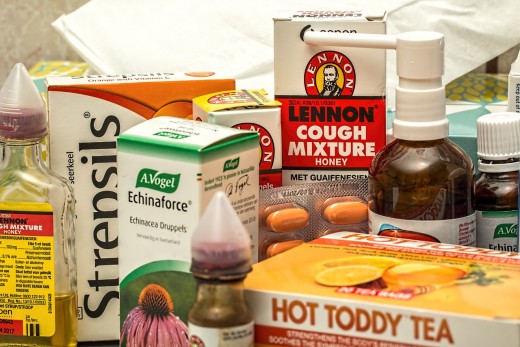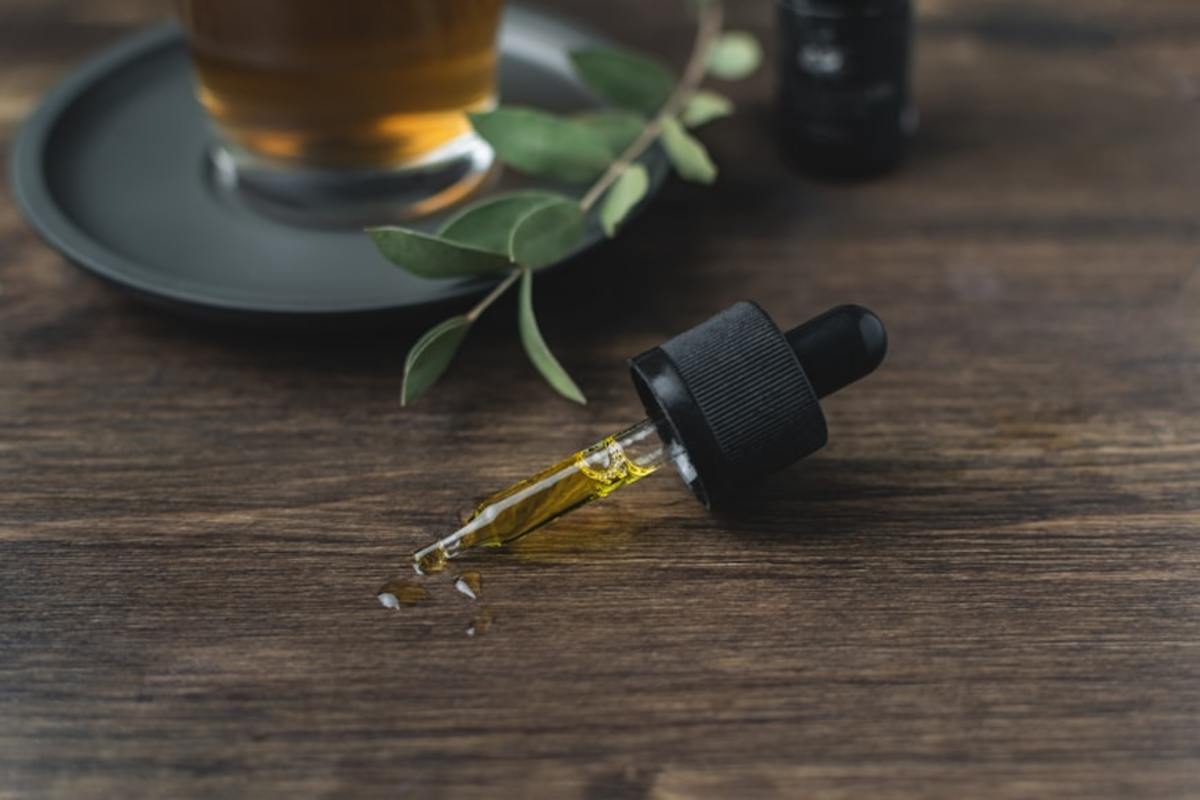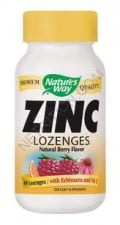How to Prevent Catching Colds and Flu

You can't prevent colds unless you understand how you catch them! And you''ll be surprised why you catch colds: it's not at all what you think.
It's true that cold germs survive on surfaces, and are carried in droplets when we sneeze - but under normal circumstances, you won't catch a cold as a result. Something has to happen to make you vulnerable, before the germs can cause a cold.
Being stressed, or already sick with some other illness, makes you vulnerable to cold germs. However, there are other, less obvious triggers that give the cold germs a chance to invade.
One is the balance inside your nose and mouth. Normally, your nasal and throat passages are nicely moist and pH-balanced. Cold germs don't stand a chance! But if your nose or throat lining dries out - perhaps because of air conditioning in an office or an aircraft - your defences are lowered and the germs have a chance to take hold. That's one of the reasons so many of us develop colds and flu after a long-haul flight - it's not the poor quality air, it's the dryness.
The Main Cause of Colds
The most common reason why we catch colds is sudden changes in the temperature of the air we breathe!
Notice, I'm not talking about a sudden change in the weather - that's been comprehensively proven to be a myth as a cause for colds. I'm talking about a sudden change in the air you breathe in.
Years ago, there was a Cold Research Institute in England. Their goal was to find a way to make people catch colds - so they could work out how to cure them. They would put human volunteers through all kinds of tests - wet hair, changes in weather, exposure to infected handkerchieves - and there was only one test that worked nearly every time.
They got them to move from a very hot room to a very cold room, or vice versa, then exposed them to the virus. Nearly all their subjects developed a cold as a result of this experiment.
Prevent Colds - Maintain an Even Temperature
We all know people who cool their houses to Arctic temperatures in summer, or who turn their living room into a furnace in the winter. If those people catch colds, they only have themselves to blame - because every time they step out of their home into the fresh air, they give their respiratory system a huge temperature shock. If they're exposed to the cold virus soon after (and since there are over 200 different cold viruses, the chances are high that they will be), they're almost certain to catch a cold.
So the biggest prevention secret is to maintain your temperature on an even keel. Don't crank your air conditioning down to sub-zero temperatures. You enjoy the temperature of a balmy spring day, don't you? Set your thermostat there. If you can't walk around your home in strappy summer dresses, you have your thermostat set too cold.
In winter, if you can take off your sweater and bask in your shirt sleeves indoors, you have the heating set too high.
Of course, keeping your indoor temperatures closer to the temperature outside will also save you on energy bills!
What If You Feel a Cold Starting?
If you are feeling a tell-tale itch in your throat or twitch in your nose, it's still not too late to take preventative action.
You'll see plenty of advice to take Vitamin C, echinacea, garlic or olive leaf extract to treat a cold. Unfortunately, there still hasn't been a scientific study that convincingly proves any of them is effective. However, none of them will do you any harm, and they have other health benefits - so if you want to try them, why not?
There is one supplement that has been proven effective, though. It's zinc.
The effectiveness of zinc was first discovered when doctors were testing to see if zinc improved the immune system of leukaemia patients. They were surprised when one patient recovered from colds and flu much faster than others on the same dose. On questioning her, they found she didn't like swallowing pills, so she was chewing the zinc tablet.
Subsequent trials proved that when zinc comes into contact with the mucous membranes inside the nose and throat, it seems to weaken the virus. Result - a cold that lasts a day or two, instead of a week!
As usual, conventional medicine was slow to accept this discovery but several vitamin manufacturers jumped on the bandwagon and marketed zinc lozenges (which were meant to be sucked). Unfortunately, zinc leaves a fuzzy taste in the mouth, so they weren't popular even though they worked! So many suppliers switched to tablets, which could be swallowed. These are a complete con trick, because as we now know, zinc only kills the cold virus if it comes into contact with the insides of your nose and mouth - not your stomach!
More recently, suppliers have experimented with alternatives such as drops, effervescent drinks and nasal sprays which contain therapeutic levels of zinc. These really do work and are most effective when used at the very first sign of a cold.








